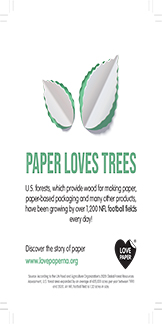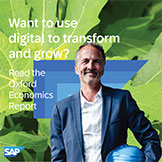With housing market growth limited due to high mortgage rates, Rayonier, a timberlands REIT, sees some other opportunities for growth through trends in energy transition.
Rayonier is "not just a timber company, but a land resources company," said CEO and President Mark McHugh during a presentation at Nareit's REITweek in New York on Wednesday.
Even in the current political moment, there's a global trend to reducing carbon emissions, he said. And timberlands are "a massive carbon sink."
But land is key to many carbon reduction or capture initiatives.
One opportunity is in land options for solar energy facilities. At the end of 2024, Rayonier had 39K acres under options for solar, up from 7K in 2021. "As some options start converting to leases, we see that translating to cash flow growth," McHugh said.
Leases for carbon capture and storage ("CCS") offers another source of growth. In the last two years, Rayonier's CCS leases have grown from almost nothing to ~154K acres. The company is well positioned in its presence near carbon emission sources, its access to pipelines to transport those emissions, and its ownership of land that can be used to store those emissions. "We're optimistic about how pipeline is growing," he said.
"We continue to evaluate a range of opportunities in the carbon market," he said.
With the sale of its New Zealand timberland operations, Rayonier will be sitting on about $1B of cash.
The disconnect between the company's stock valuation and its asset value makes stock buybacks a good use of capital.
"Stock buybacks look attractive," McHugh said. "That's the near term priority," though he doesn't rule out an acquisition.






















